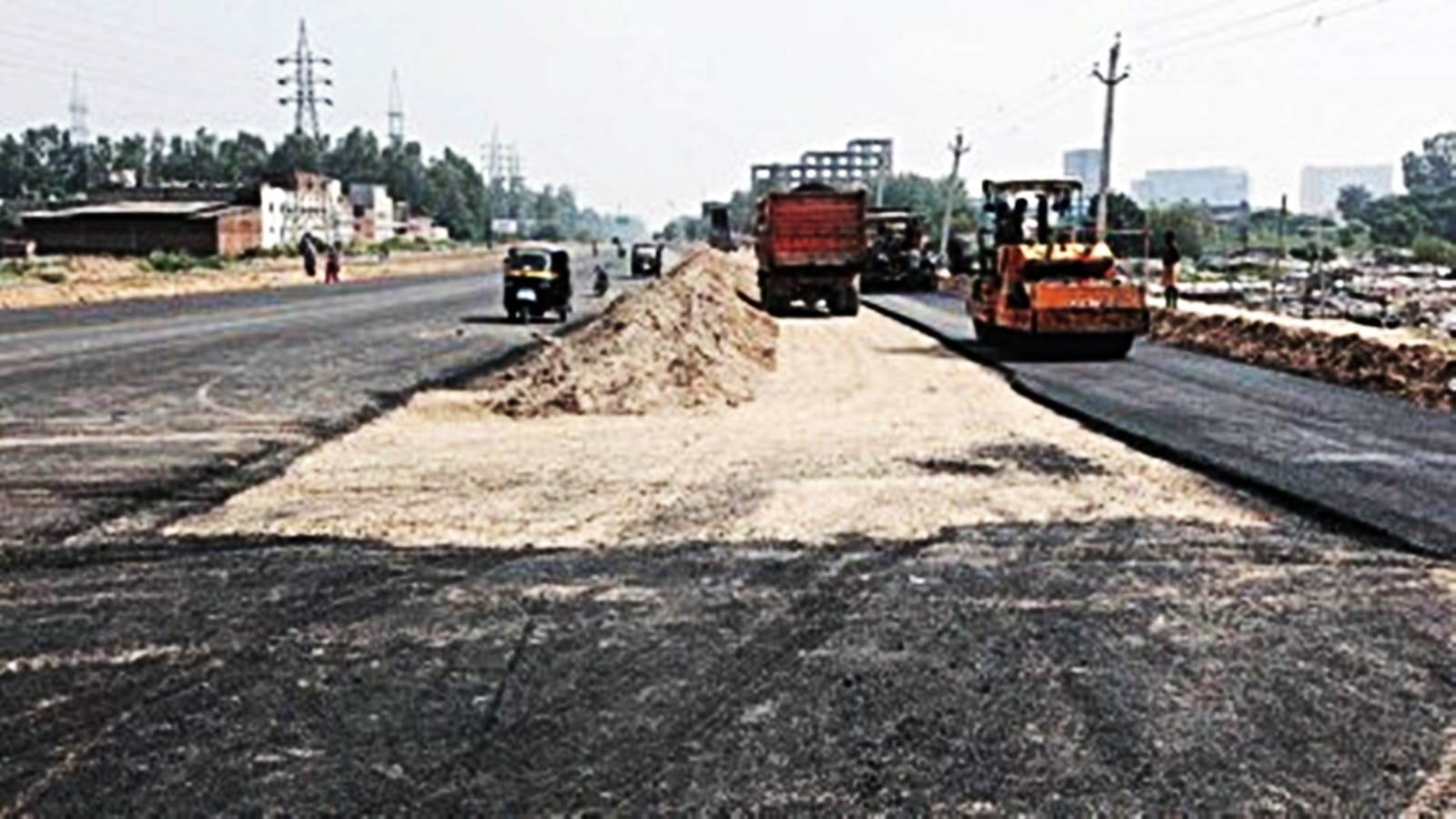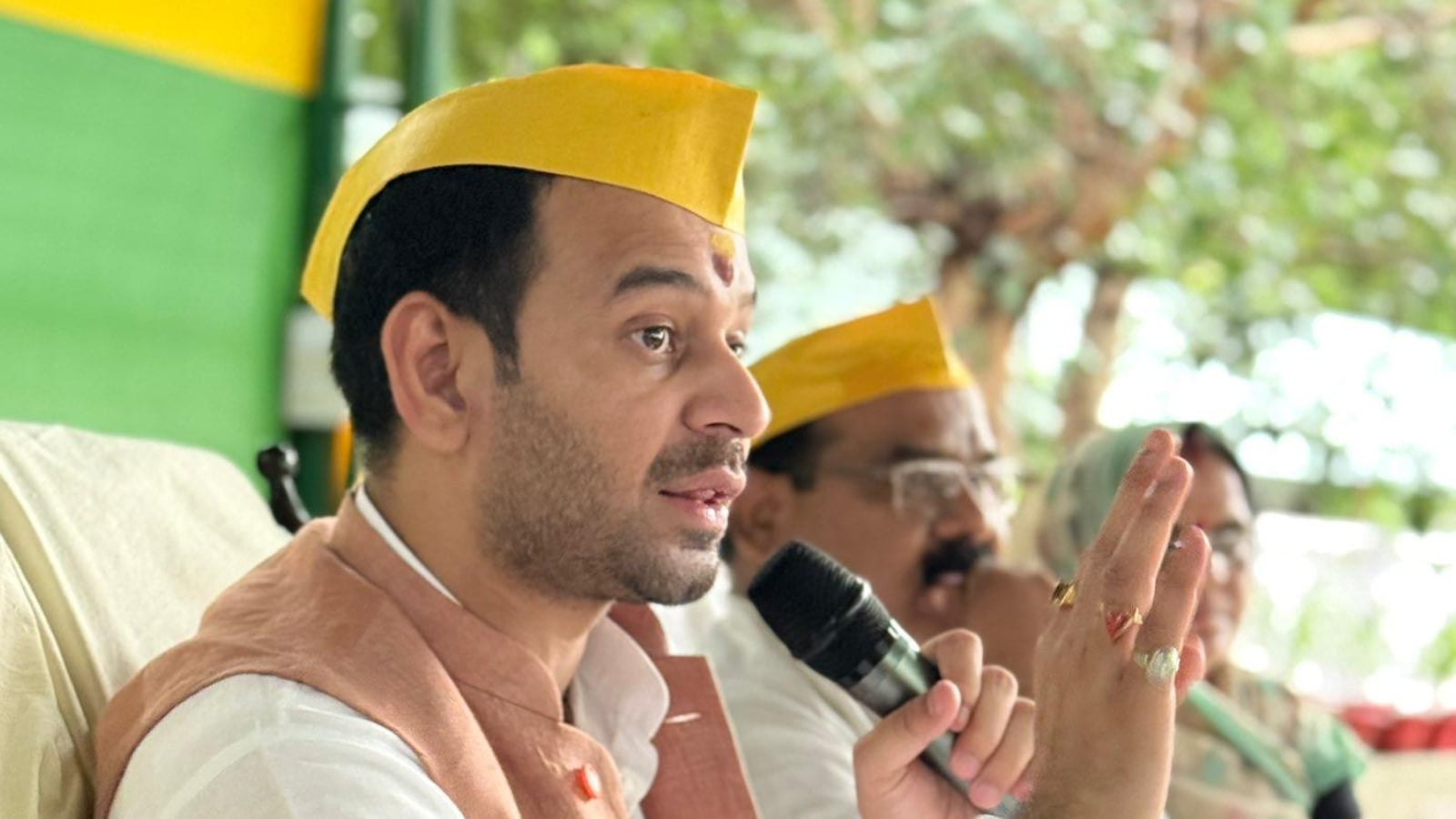India’s early warning systems are not “technological luxuries but strategic investments in resilience”, Principal Secretary to Prime Minister P.K. Mishra emphasised at the ongoing G20 ministerial meeting in Durban.
In a session on disaster risk reduction (DRR), Mr. Mishra outlined India’s multi-agency architecture integrating meteorological, hydrological, seismic, and oceanographic institutions through a Common Alert Protocol–compliant Integrated Alert System, which had already issued over 109 billion alerts. He urged the G20 to strengthen interoperable regional platforms, shared data protocols, and joint capacity-building initiatives under the global ‘Early Warnings for All’ framework. India, he said, viewed early warning as a global public good: inclusive, multilingual, and anticipatory.
In another event on ‘Financing DRR’, Mr. Mishra detailed India’s five-pillar financing strategy aligned with the G20 voluntary high-level principles. He described India’s constitutionally anchored model under the Finance Commission as having ensured a multi-year rules-based DRR allocations, decentralised funding to the States and local bodies, and evidence-based prioritisation through a national Disaster Risk Index.
Mr. Mishra also had bilateral meetings with South Africa, Brazil, Australia and Netherlands. In his meeting with South African Minister of Cooperative Governance and Traditional Affairs Velenkosini Hlabisa, he encouraged joint capacity building exercises, including through CDRI (Coalition for Disaster Resilience Infrastructure) membership.
Headquartered in New Delhi, the CDRI is a global coalition committed to strengthening infrastructure resilience against climate and disaster risks. With 50 member countries and 10 partner organisations, it unites national governments, international bodies, and businesses to exchange knowledge, drive research, and invest in disaster resilient infrastructure.
.png)
 4 hours ago
11
4 hours ago
11









 English (US) ·
English (US) ·